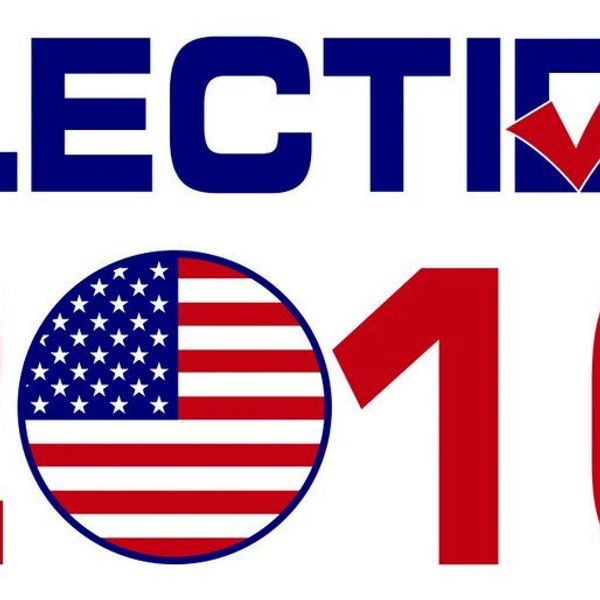The road to the general election continues, and America braces to once again nominate its “defender of democracy.” And it looks like Donald Trump is going to go against the Democratic candidate for the presidency.
As the elections close in, libertarian party supporters have had to search for a candidate to support, due to none specifically identifying with them. Many of the political elite have failed to inform the public that Donald Trump is in fact not out to protect individual liberties from the government, or even to reduce the powers of the government by any means. This has led to many uninformed voters aligning with Trump’s campaign based on the language of the debates instead of real issues.
Their disillusionment is based on a multitude of stances endorsed by the Trump campaign, including his refusal to build his wall with American money, instead outsourcing it to Mexico. His position as a business mogul would insinuate to those with a moderate amount of political knowledge that he would want the least amount of government involvement, which would point to a Libertarian stance. However, many well-known Libertarians have argued that he is on a completely different area of the political spectrum than they are.
Being pro-Patriot Act, which allows the government almost unlimited access to spy on computers and other technology, would be enough for any Libertarian to shy away. But Trump has also revealed that he is pro-NSA, pro-military spending and pro-interventionism on an international scale.
The issues have even gone far enough to force former Libertarian candidate Ron Paul to meet with the press and specifically say that he will not endorse Donald Trump in the coming election. Former Senator Ron Paul has even said that Donald Trump is an “authoritarian” who actually wants to increase taxes on imports to hurt countries like China, whom he believes America is in direct competition with. Furthermore, Paul commented that, because of Trump’s protectionism of the American people, he is not actually promoting liberty and a smaller government, but simply a bigger government under the guise of safety.
Bad news, however, because a month before refusing to endorse Trump, Paul told New York Magazine that Donald Trump will most likely be the Republican nominee. Our founding fathers ideal that “government is best which governs least" will not pertain to this coming election day, because every single candidate in the running intends to expand the budget, reduce Fourth Amendment rights, attack internet freedoms and increase the powers of the executive branch. And herein lies our problem: the election seems to be turning into a “who will do less damage” election.





















